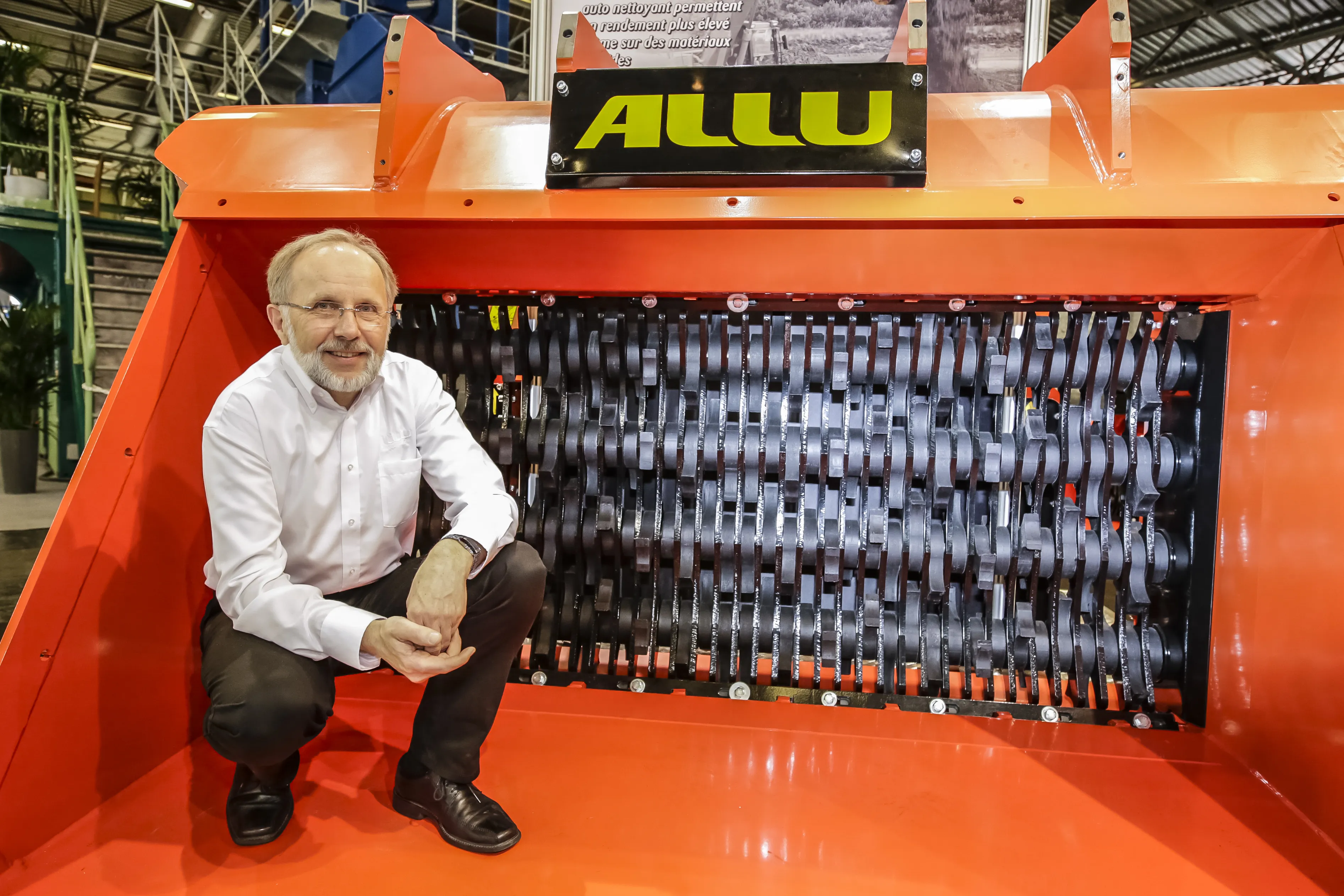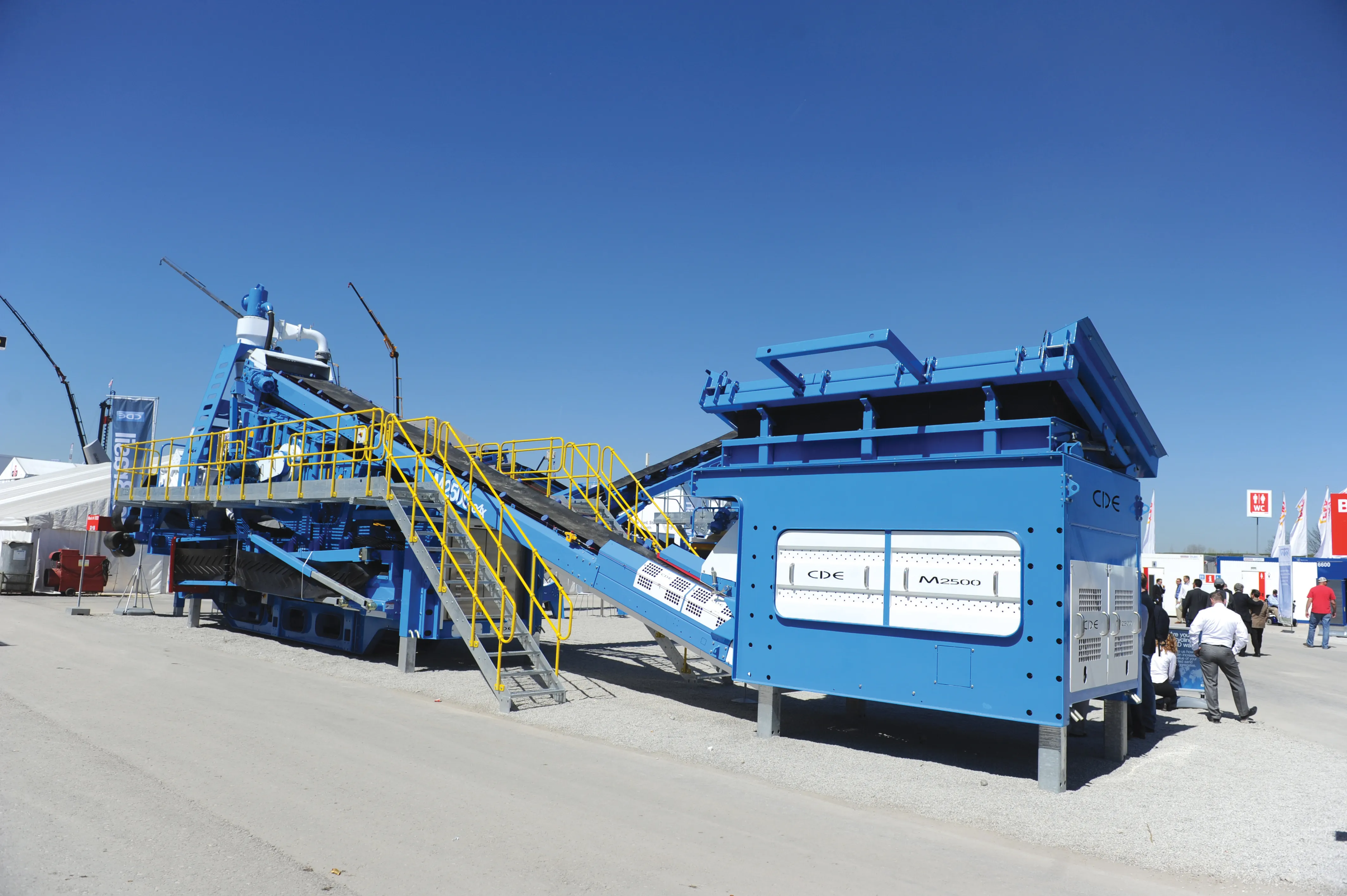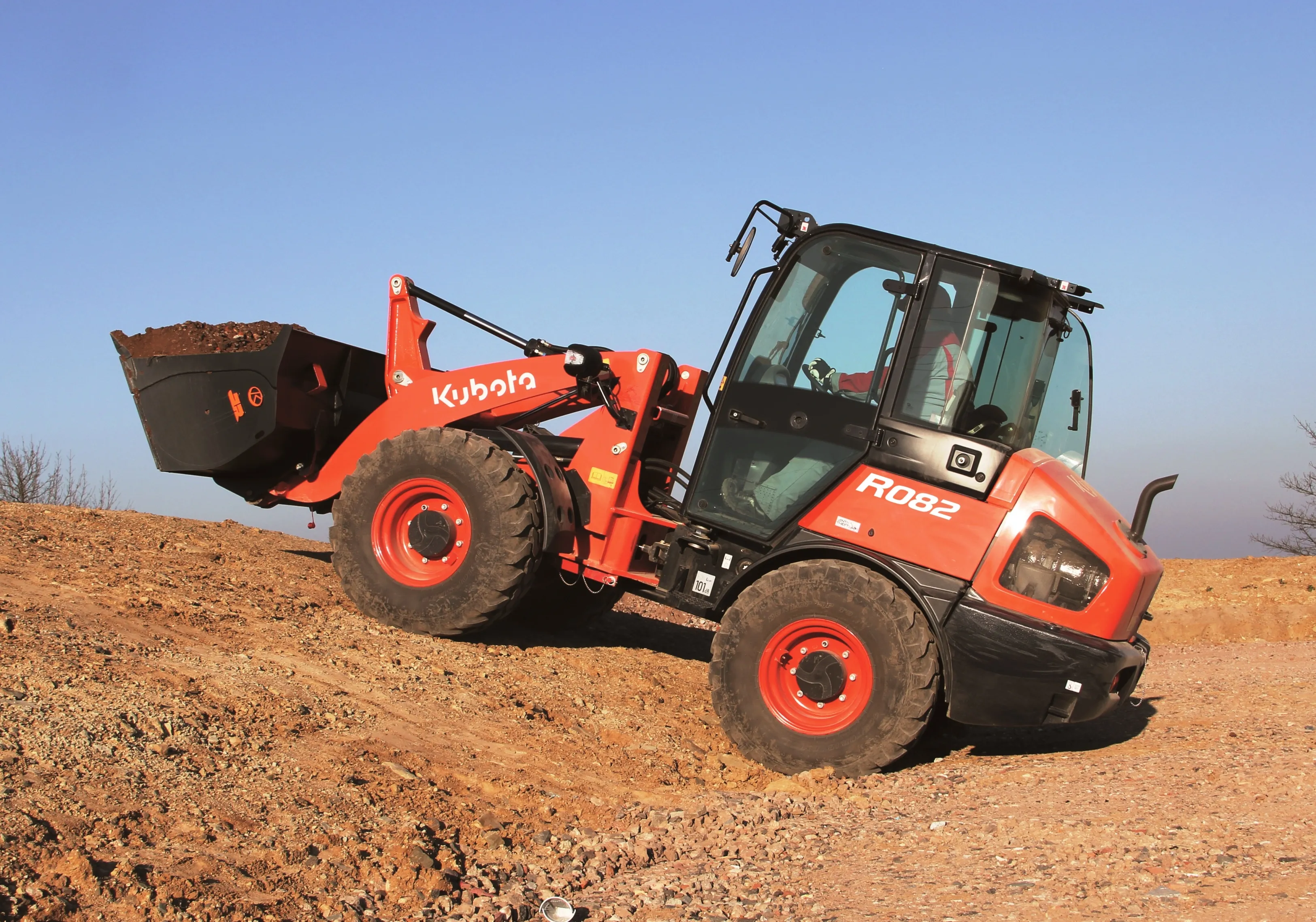Screen manufacturer ALLU revealed is new ALLU TS drum assembly, which allows one unit to produce different product sizes, for the first time at Intermat 2015. Developed a few years ago for its compact machines – from 2 to 12 tonnes – the feedback from clients was so positive that the group has invested in developing the technology for the larger D series frames.
The core of the ALLU TS technology, which has a patent pending, is the blades that spin between the screening combs, with the size of the end prod
April 22, 2015
Read time: 2 mins

Screen manufacturer 2180 ALLU revealed is new ALLU TS drum assembly, which allows one unit to produce different product sizes, for the first time at Intermat 2015. Developed a few years ago for its compact machines – from 2 to 12 tonnes – the feedback from clients was so positive that the group has invested in developing the technology for the larger D series frames.
The core of the ALLU TS technology, which has a patent pending, is the blades that spin between the screening combs, with the size of the end product defined by the space between the combs. The fragment sizes can be changed by just repositioning the screening combs with three possible sizes: 16/32 mm, 25/50 mm and 35 mm.
The screening combs carry most of the material weight which means that the drums and bearings take less impact and load. According to ALLU, the construction is clog free which ensures good capacity even with wet materials.
There are seven different models of ALLU TS drums available, for 16 – 45 t excavators between 16 and 45 tonnes and 7 – 30 t wheel loaders between 7 and 30 tonnes. The drums are available with two different blade types: standard blades and axe blades for when crushing is needed.
The core of the ALLU TS technology, which has a patent pending, is the blades that spin between the screening combs, with the size of the end product defined by the space between the combs. The fragment sizes can be changed by just repositioning the screening combs with three possible sizes: 16/32 mm, 25/50 mm and 35 mm.
The screening combs carry most of the material weight which means that the drums and bearings take less impact and load. According to ALLU, the construction is clog free which ensures good capacity even with wet materials.
There are seven different models of ALLU TS drums available, for 16 – 45 t excavators between 16 and 45 tonnes and 7 – 30 t wheel loaders between 7 and 30 tonnes. The drums are available with two different blade types: standard blades and axe blades for when crushing is needed.









